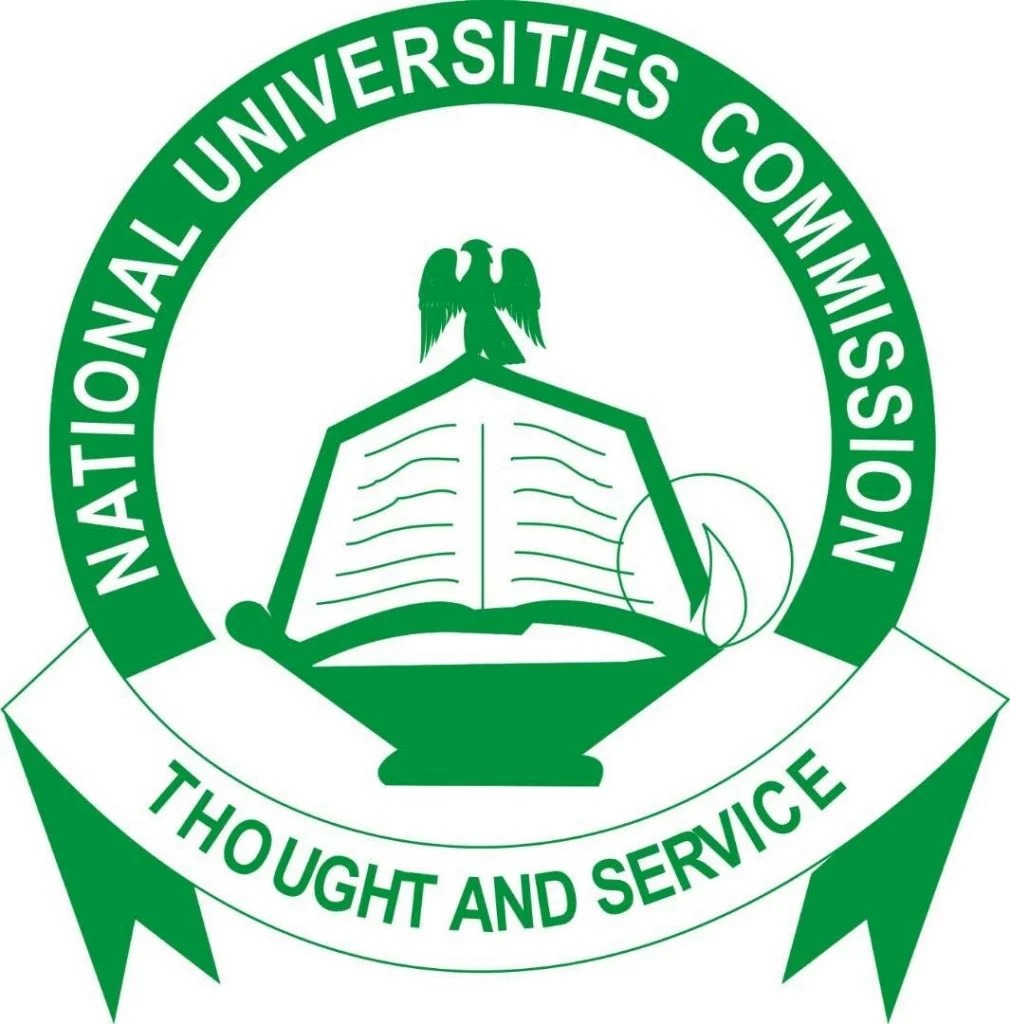NUC Debunks Claims of Accreditation Without Adequate Staffing
 The National Universities Commission (NUC) has firmly denied claims that universities in Nigeria can secure full accreditation for academic programmes without meeting adequate staffing requirements.
The National Universities Commission (NUC) has firmly denied claims that universities in Nigeria can secure full accreditation for academic programmes without meeting adequate staffing requirements.
Describing the accusations as “false and baseless,” the NUC’s Executive Secretary, Professor Abubakar Rasheed Ribadu, said the commission’s accreditation process remains one of the most robust in Africa and follows rigorous standards.
“The claim that accreditation is a mere formality for under-staffed universities is not only false but stems from an uninformed position,” Ribadu stated in a release issued on Monday.
He stressed that the Commission would ordinarily ignore such “spurious online allegations” but was compelled to respond to preserve the integrity of Nigeria’s university system.
Accreditation: A Seven-Part Process
According to Ribadu, accreditation is based on a comprehensive evaluation system comprising seven key areas, with four core components: academic matters, staffing, physical facilities, and library resources. For a programme to attain Full Accreditation Status, it must score at least 70% in each of the core areas and an overall average of 70%.
Staffing: Non-Negotiable
Staffing, Ribadu said, is a critical element. Evaluators assess seven indicators under staffing, with a heavy emphasis on the adequacy of permanent academic staff. The NUC allows a maximum of four part-time lecturers per programme, equating to just two full-time staff in score calculations.
“Any attempt by universities to falsify staff records or present temporary staff during accreditation visits attracts strict sanctions,” he warned.
During on-site visits, evaluators inspect employment records and verify staff qualifications. Ribadu emphasized that only subject-matter experts serve on accreditation panels, and their reports are later reviewed and defended before the NUC’s Management Committee to ensure compliance with guidelines.
Ethical Standards and Internal Reviews
The Commission, Ribadu said, maintains strict ethical codes for accreditation panellists and applies disciplinary measures to any NUC officer who compromises the process.
“We conduct an internal audit of submitted reports to confirm evaluators followed due process. The findings must then be defended before the Commission’s management,” he said.
Nigeria’s System Recognized Across Africa
Ribadu highlighted that Nigeria’s accreditation framework has earned international recognition, with countries such as Namibia, Gambia, and Niger Republic sending delegations to understudy the system.
“While no system is perfect, ours is respected continent-wide. Foreign universities also rely on our accreditation outcomes to evaluate Nigerian applicants,” he said.
Call for Internal Quality Assurance
The Executive Secretary urged Nigerian universities to establish and operationalize internal quality assurance systems, aligned with global best practices, to ensure continued improvement and competitiveness.
“The NUC remains committed to ensuring Nigerian universities produce globally competitive graduates. We urge stakeholders to rely on verified information and not be swayed by misleading narratives,” Ribadu concluded.













